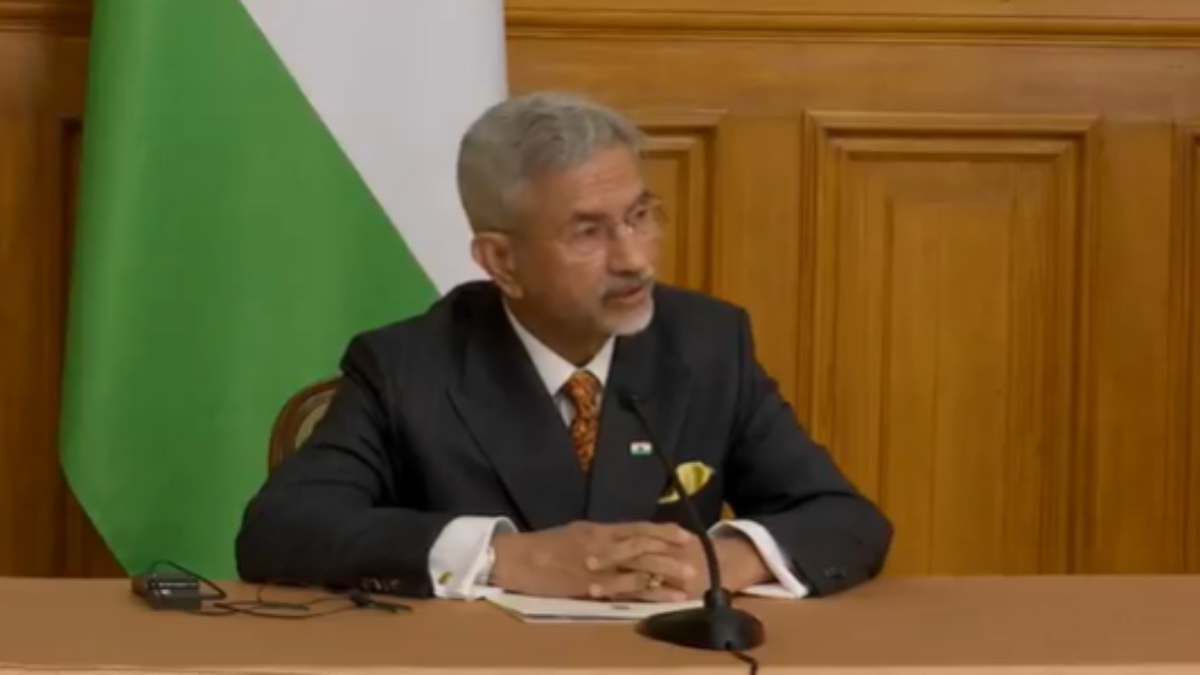Amid international scrutiny, Jaishankar on Thursday said that India is neither the top buyer of Russian oil nor LNG, pointing to China and the EU instead, and defended the energy trade as essential for market stability
Amid continued international scrutiny over buying Russia oil, External Affairs Minister S Jaishankar on Thursday firmly defended India’s energy trade practices, saying that it’s not India but China and European Union that are the largest purchasers of Russian oil and liquefied natural gas (LNG), respectively.
Moscow | During a press briefing, External Affairs Minister Dr S Jaishankar says, “…We are not the biggest purchasers of Russian oil, that is China. We are not the biggest purchasers of LNG, that is the European Union. We are not the country which has the biggest trade surge… pic.twitter.com/pbH06HtTwK
— ANI (@ANI) August 21, 2025
Addressing a joint press briefing alongside Russian counterpart Sergei Lavrov, Jaishankar said, “…We are not the biggest purchasers of Russian oil, that is China. We are not the biggest purchasers of LNG, that is the European Union. We are not the country which has the biggest trade surge with Russia after 2022; I think there are some countries to the South.”
Highlighting the broader global energy context, Jaishankar said that India’s actions are aligned with calls from the United States to help stabilise global energy markets.
“We are a country where the Americans have said for the last few years that we should do everything to stabilise the world energy market, including buying oil from Russia,” said Jaishankar.
Jaishankar further said that India continues to expand its energy imports from other sources as well.
“Incidentally, we also buy oil from the US, and that amount has increased,” he added.
Questioning the rationale behind the criticism of India’s energy strategy, he said, “So honestly, we are very perplexed at the logic of the argument that you (the media) had referred to.”
Jaishankar is in Moscow on a three-day visit for the annual bilateral dialogue, laying the groundwork for President Vladimir Putin’s expected visit to India later this year.
The visit comes amid rising tensions between both countries and the US.
New Delhi has faced criticism from Washington, particularly from President Donald Trump, for its purchases of discounted Russian oil, seen by the US as indirectly financing the war in Ukraine. Trump has doubled India’s tariff to 50 per cent by imposing an additional 25 per cent levy on the previously announced 25 per cent.
India has defended its oil trade with Russia, arguing for its right to buy from the most affordable source to manage inflation.
Meanwhile, Prime Minister Narendra Modi has called Putin a “friend” and is also set to visit China later this month to meet President Xi Jinping — his first trip there in seven years — signaling a shift in India’s strategic balancing.
With inputs from agencies
End of Article

)

